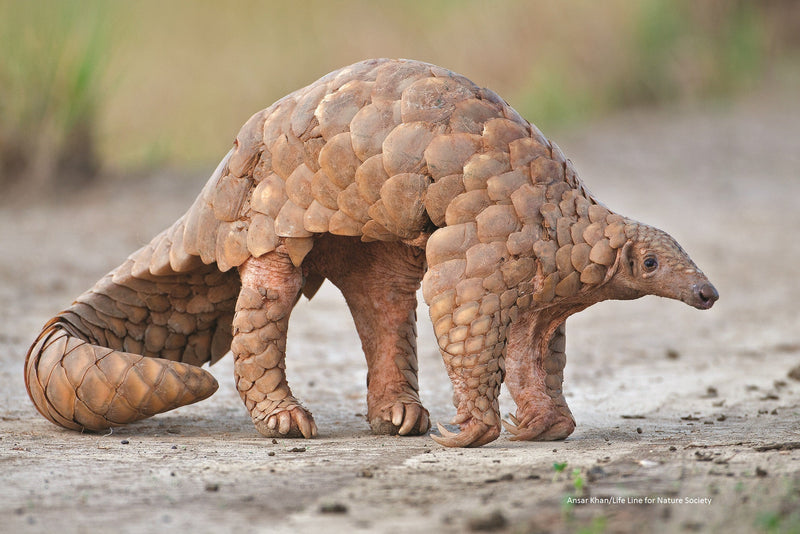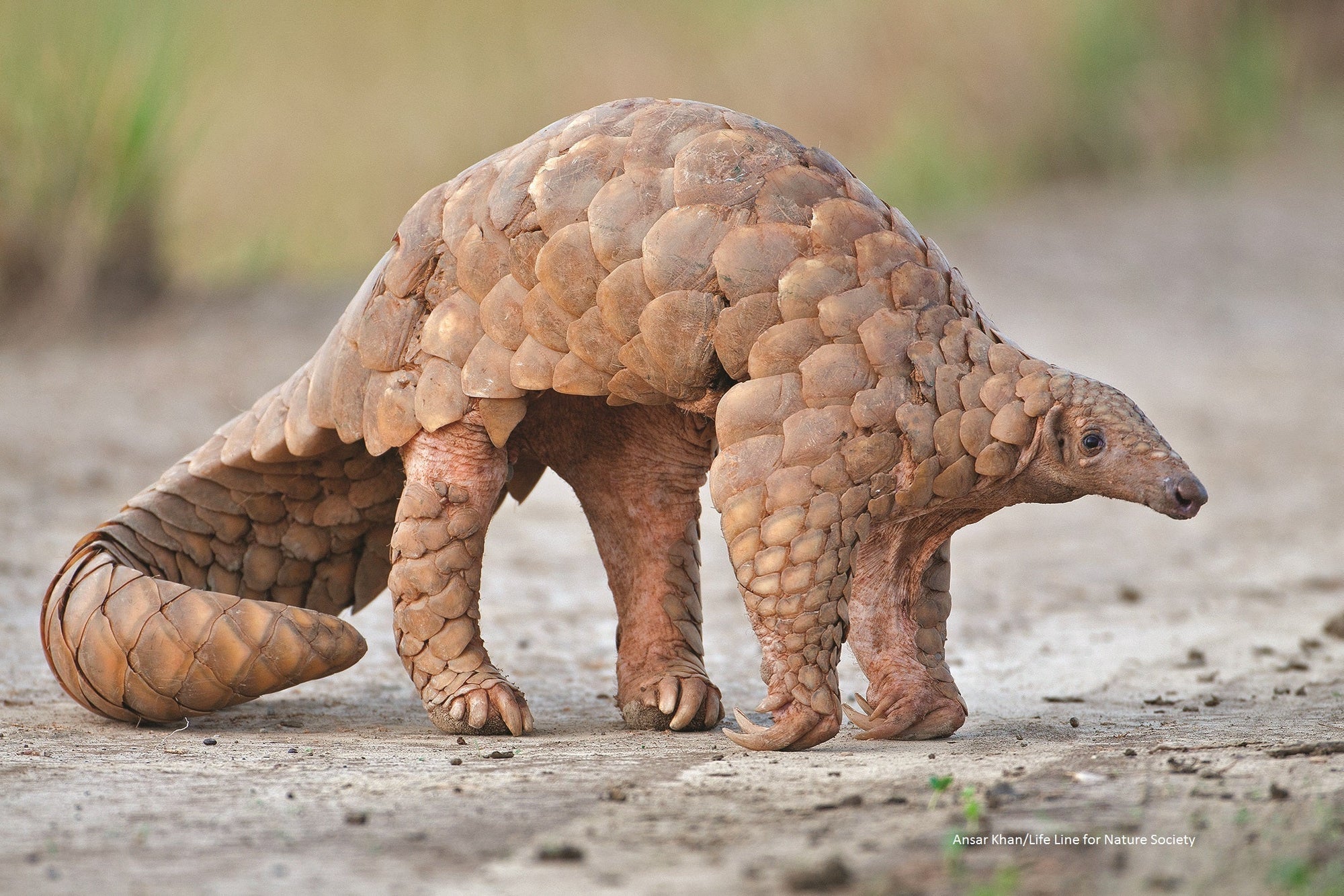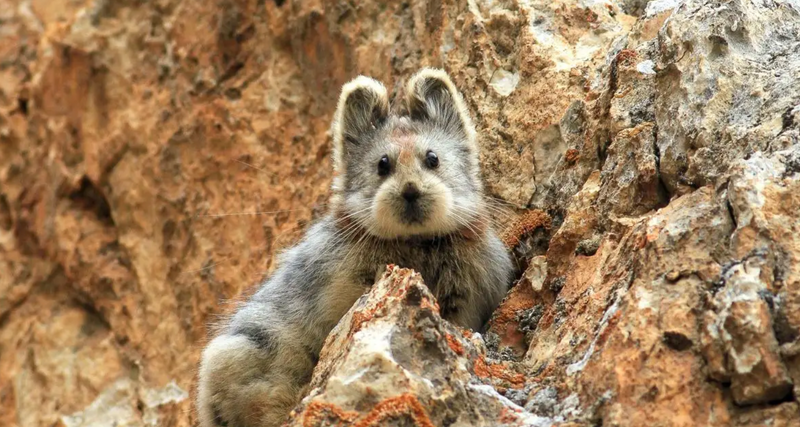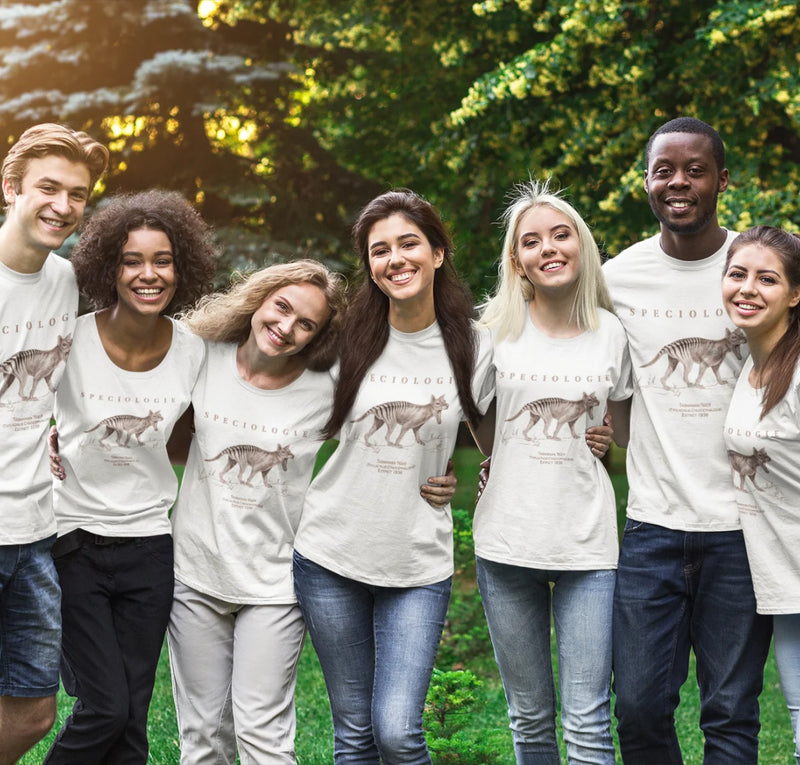
It still amazes me that in the 21st century, with our unprecendented resources, communication tools, and increasingly enlightened knowledge of the intertwining of all living things, that we still have issues of self-inflicted extinction. The case of the Pangolin is a tragic one, but its not too late to help.
The worlds most trafficked animal
When you think of endangered animals, your mind might jump to elephants, tigers, or maybe even polar bears. But there’s one quiet creature slipping toward extinction that you might not have heard of: the pangolin. Covered in scales and curled up like a pinecone when threatened, this shy, gentle animal holds the unfortunate title of being the most trafficked mammal in the world.
So, what is a Pangolin?
Imagine a creature that looks like a cross between an armadillo and an anteater, with a tongue longer than its body and armor made entirely of keratin—the same material as our fingernails. There are eight species of pangolins, and sadly, every single one of them is considered threatened or endangered.
Why is the Pangolin endangered?
Because people are hunting them for their meat and their scales, which are falsely believed to have healing properties. As one conservationist put it: “Pangolins are being pushed to the brink for nothing more than myths and misconceptions.” —Sarah Stoner, Global Initiative Against Transnational Organized Crime.
History repeats itself... again...
This heartbreaking situation isn’t too different from what happened to the Tasmanian Tiger. Once roaming freely in Australia and Tasmania, the Tasmanian Tiger was hunted to extinction simply because people misunderstood it. They thought it was a threat, when in reality, it was just trying to survive. The pangolin faces a similar fate today—a victim not of aggression, but of ignorance.
But there is hope.
Organizations like the Pangolin Crisis Fund, Save Pangolins, and the African Pangolin Working Group are fighting hard to protect these animals. They're funding anti-poaching units, rescuing pangolins from illegal trade, and rehabilitating them so they can be released back into the wild.
At Speciologie, we believe that every purchase should make a difference. That's why 100% of our profits go directly to support endangered animals, including efforts to save pangolins. It's not just about raising awareness—it’s about taking action.
So the next time you hear someone say "pangolin," don't let it be just another word. Think of it as a call to protect something fragile and irreplaceable. Because once they're gone, they don't come back.
Let’s not make the pangolin the next mysterious creature we can only read about in history books. Let’s give it the fighting chance it deserves.






0 comments